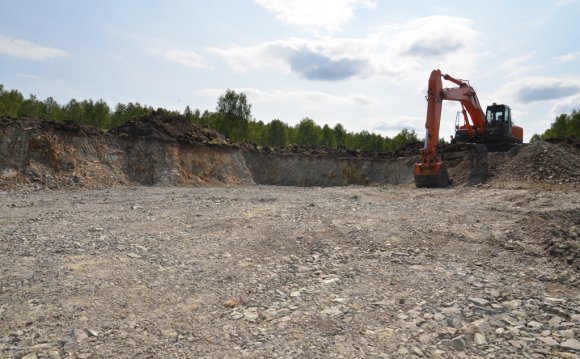
Illegal Mining
The issue of law enforcement by public authorities, including law enforcement, to protect public interest in the exploration and development of mineral deposits is becoming increasingly relevant given the active development of mineral industries in the Russian Federation. Current legislation on the subsoils erodes the right to the subsoil and
right to the ground. This makes it possible to recognize suburbs in all cases by State property. However, de facto exemptions are allowed when the case concerns low-value (so-called generalized) non-industrial minerals, such as peat, sapropel, sand, glynes, stones, some groundwaters.
In order to regulate market relations in the field of non-exploitation, a federal law on the subsoil was adopted, the last version of which was in 2000. Under the Act, both public and private enterprises, including foreign companies, are allowed to study and develop negligibles because foreigners in the Russian Federation cannot own land. All the subsoils of land remain the property of the State and a fee is payable for their development. Mineral deposits should be awarded for competitive design and made available to applicants who would offer the highest price.
Over the years, there have been numerous cases of illegal predatory production of sand, peat, coal, non-Fritish stones, etc., in many cases involving illegal means of carrying them out with subsequent smuggling outside the Russian Federation. However, a number of circumstances hinder the criminalization of non-exploitation industries. For example, an analysis of investigative and judicial practices reveals a ambiguous approach by the law-enforcement agency in characterizing acts related to the illicit extraction of minerals, including those relating to general distribution.








